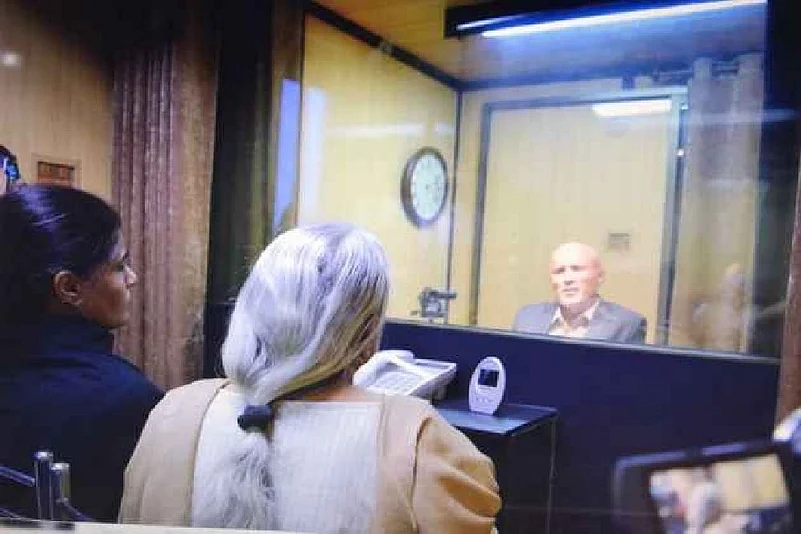Pakistan violated its obligations under the Vienna Convention in the case of Indian national Kulbhushan Jadhav, International Court of Justice (ICJ) President Judge Abduylqawi Yusuf told the UN General Assembly.
Presenting the report of the ICJ to the 193-member UN General Assembly on Wednesday, Yusuf said in its judgement of July 17 the principal judicial organ of the United Nations found that Pakistan had violated its obligations under Article 36 of the Vienna Convention and that appropriate remedies were due in this case.
In a major victory for India, the ICJ had ruled that Pakistan must review the death sentence awarded to Jadhav, a retired Indian Navy officer who was sentenced to death by the Pakistani military court on alleged charges of "espionage" after a closed trial by a Pakistani military court in April 2017.
Advertisement
Jadhav, 49, was purportedly "arrested" from Balochistan by Pakistani security forces on March 3, 2016, after he allegedly entered the country from Iran as claimed by Islamabad. India has rejected Pakistan's allegations about Jadhav's involvement in spying and subversive activities and said he was kidnapped from the Iranian port of Chabahar where he was running a business.
The bench led by Yusuf had ordered an "effective review and reconsideration of the conviction and sentence of Kulbhushan Sudhir Jadhav.
Yusuf elaborated on several aspects of the World Court's ruling in Kulbhushan Jadhav's case while presenting his report to the UN General Assembly.
Advertisement
He said one of the issues that the UN Court had to examine was the question of whether the rights relating to consular access, set out in Article 36 of the Vienna Convention, were in any manner to be excluded in a situation where the individual concerned was accused of "carrying out acts of espionage".
The UN Court noted in that regard that there is no provision in the Vienna Convention containing a reference to cases of alleged "espionage"; nor does the Article concerning consular access, Article 36, exclude from its scope certain categories of persons, such as those suspected of espionage. Therefore, the Court concluded that Article 36 of the Vienna Convention was applicable in full to the case at hand, he said.
The Court was also called upon to interpret the meaning of the expression without delay in the notification requirements of Article 36 of the Vienna Convention. The Court noted that in its case, the question of how to determine what was meant by the term without delay depended on the given circumstances of a case.
Taking into account the particular circumstances of the Kulbhushan Jadhav case, the World Court noted that Pakistan's making of the notification some three weeks after Jadhav's "arrest" constituted a breach of its obligation to inform India's consular post without delay, as required by the provisions of the Vienna Convention, he noted.



















